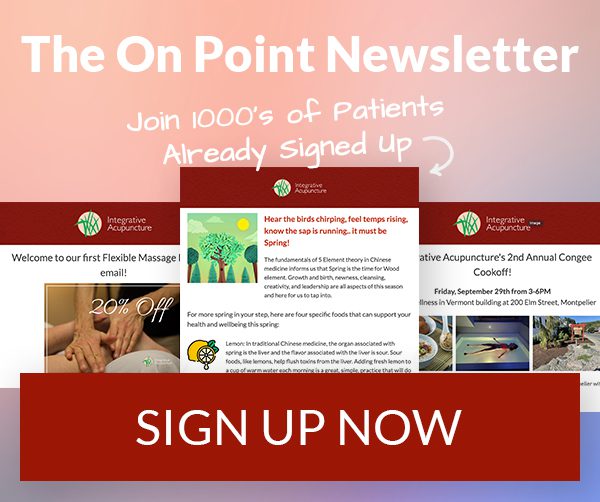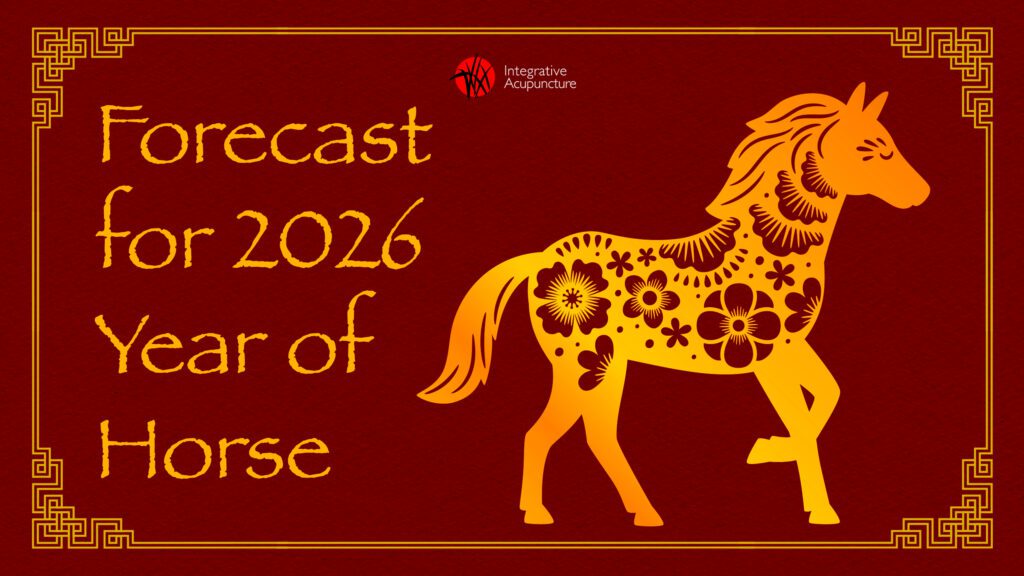If you have found yourself feeling anxious during the past few weeks due to the coronavirus pandemic, you are not alone. Some of us are living in areas of the country that have been hit harder than others, and the uncertainty of what will come is extremely unsettling.
For most people, not knowing what will happen is an undesirable feeling that we are forced to confront right now. This, combined with the interruption to our daily routines and being housebound, can cause additional fear and panic in our lives, on top of the worry around the virus itself.
While there are certainly many ways to deal with this type of anxiety, an effective tool is to actually slow down, both mentally and physically, and focus on being present. Often times, our own racing thoughts can play a pivotal role in how we feel overall.
By learning to control your thoughts and slow them down, your mood and outlook can improve.
The Fight-or-Flight Response
You may be familiar with the term “fight or flight.” This is a term used to describe the body’s natural response to threats. The sympathetic nervous system releases hormones, like adrenaline and cortisol, that causes this instinctual response.
When a physical threat occurs, your autonomic nervous system causes a range of responses such as: increased heart rate and increased blood flow throughout the body, causing you to breathe more rapidly. Your hearing and eyesight actually improve, too. However, anxiety can also cause this same response, even though there is no physical threat.
The “fight or flight” response signals the body to either run away, fight whatever is threatening it, or freeze. The term ‘freeze’ is a sort of in-between stage between fight and flight, when your body is trying to figure out its next move. None of these responses are made consciously but happen instinctually to a physical threat.
When a psychological threat occurs, however, you can help control your mind and how it responds by being present and practicing mindfulness.
How to Slow Down and Focus on the Present
While some people thrive on staying busy throughout the day to keep themselves going, others, especially during periods of anxiety, can benefit immensely from actually beingunproductive and slowing themselves down. It’s okay to allow yourself some down time, and many therapists consider this a vital part of self-care during a crisis.
Here are ways to slow down your racing thoughts and reduce your anxiety:
Mindfulness and meditation
Mindfulness is the idea of being in the present moment, and not thinking about the past or worrying about the future. It emphasizes a focuson the body, the breath, and “clearing out the clutter” from your mind.
Meditation is an excellent way to start practicing mindfulness. While there are many ways to accomplish this, an excellent way to start is the traditional method of sitting quietly, eyes closed, and focusing on your breath.
Regular meditation has an abundance of benefits, including:
- Reduced anxiety, stress and depression
- Promotes positive thinking and can reduce negative thought processes
- Promotes a healthy immune system
- Enhances self-awareness
To begin practicing meditation, try the following:
- Get into a comfortable position, whether it be lying down or sitting up, and turn off all distractions. Some people find it helpful to play calming, instrumental music while they meditate.
- Begin by closing your eyes and taking in a few deep breaths. Try to get your breathing pattern to slow down by inhaling for 4 seconds through your nose, and then exhaling for 4 seconds through your mouth. Continue with this breathing pattern.
- As thoughts come into your mind, simply notice and acknowledge them. Don’tfight them, just notice that they are there. Eventually, after regularly practicing meditation for some time, your brain will learn how to slow down, or even stop,
Meditation can be difficult because we aren’t used to simply sitting and doing nothing.Start by meditating for 5 minutes a day, and slowly increase your time. There are people who actually meditate for hours at a time! (But don’t feel like you need to do this—10- 20 minutes a day can be highly beneficial).
Here’s a guided meditation to get started:
Other ways to practice mindfulness include:
- Coloring. Try adult coloring books
- Knitting. Creating something new can help your mind focus and provide a senseof accomplishment.
- Play or sit with a pet. Pets provide companionship and help reduce blood pressure. They also provide a sense of calm.
- Practice yoga. Yoga is a great way to practice mindfulness. By focusing on gettinginto positions correctly and holding them, the mind-body connection kicks into play. Your mind slows down and can help relieve anxiety and tension.
Don’t constantly read the news
It’s understandable to want to stay informed and on top of what’s happening in the world and in your community, and it’s important forknowing the latest precautions and regulations in your area. But obsessively checking news sources during this unprecedented time can just cause heightened anxiety.
Stick to checking the news 1-2 times daily, and make sure your news sources are trustworthy. There has been quite a bit of coronavirus “fake news” and you want to stick to the facts only.
To avoid reading the news altogether, you can even ask a friend or family member to provide you with important updates as they occur.
Control what you can
While you can’t control what is happening in the world around you or how long thepandemic will last, try focusing instead on what you can control in your immediate surroundings and throughout your day-to-day life to stay healthy. This includes:
- Washing your hands frequently
- Not touching your nose or face
- Avoid going out into crowds or taking unnecessary trips out of the house
- Wiping down surfaces in your home and anything you bring into your home
- Reminding yourself of what you can control can help reduce fear about what you cannot.
Consider Assistance From Herbal Medicine
When considering taking herbs for anxiety and stress, it is best to discuss with a healthcare practitioner, especially if you are taking any pharmaceutical medications. Helpful herbal allies include:
- Xiao Yao San, Stress Free Formula. Chinese herbal medicine has known moving stagnant energy, or Qi, is key to reducing stress. This can help with anxiety, sleep, irregular bowel movements and tight neck and shoulders
- Essential Oils. Meditation and Worry Free are some of our favorites from Snow Lotus Oils, available as roll ons in a diluted jojoba oil base to safely apply directly to the body
- Flower Essences. These vibrational, energy remedies are available for most people to try, as there are no contraindications with medications. We love Floracopea’s Stress Relief and Mind Ease.
Key Takeaways
If you are facing anxiety, the thoughts of needing to be productive and busy are not going to help. Mindfulness techniques such as learning meditation for anxiety and controlling the things you can help reduce tension.
And remember, while this is surely an unsettling period in time, it is temporary. It will end and life will return to normal, allowing you to get back to your normal day-to- day routine





